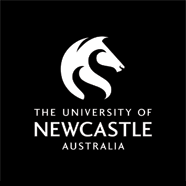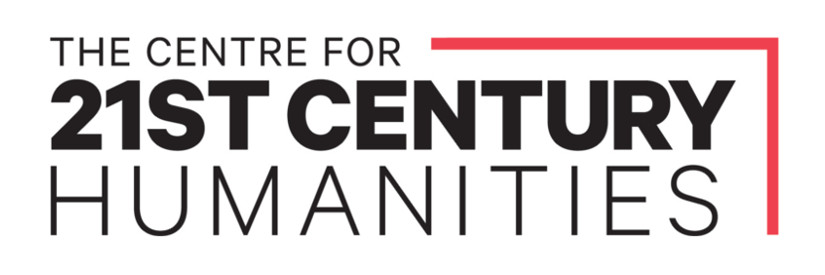| Site Name | Mowla Bluff - West Kimberley |
| Aboriginal or Torres Strait Islander Place Name | |
| Language Group, Nation or People | Nyikina |
| Present State/Territory | WA |
| Colony/State/Territory at the time | WA |
| Police District | Mowla Bluff - West Kimberley |
| Latitude | -18.706 |
| Longitude | 123.693 |
| Date | Between 1 Sep 1916 and 30 Sep 1916 |
| Attack Time | Day |
| Victims | Aboriginal or Torres Strait Islander People |
| Victim Descriptions | |
| Victims Killed | 6 |
| Victims Killed Notes | 6 - 300 |
| Attackers | Colonists |
| Attacker Descriptions | Settler(s), Police, Pastoralist(s) |
| Attackers Killed | 0 |
| Attackers Killed Notes | |
| Transport | Horse |
| Motive | Reprisal |
| Weapons Used | Rifle(s), Incineration, Rifle Butt(s) |
| Narrative | Recorded in multiple Kimberley Aboriginal oral history accounts, colonist Georgie Wye [Why] was assaulted by Mowla Bluff Station workers for killing an Aboriginal man and mistreating Aboriginal women (Watson, 2012, pp 51-60). Wye was notorious for shooting Aboriginal men to take their wives. A reprisal followed where Georgie Wye, George Lovell, George Layman, Jack Tighe, PC Jury and various police launched a punitive expedition. The subsequent massacre occurred at Geegully Creek where anywhere between ten and a larger number of Karajarri, Mangala and Nyikina people were caught, chained together, forced to collect wood, shot and then incinerated. Elder John Darraga Watson recounts how the punitive party tracked a large group and 'sneaked into the camp and fired shots to frighten the people…They rounded up these people and chained them together.' They were told to 'get wood' under the pretense that they would be fed on a 'killer' [cattle killed for stockmen's and stockwomen's consumption]. Nobody suspected anything was amiss.' So they got the wood together, piled it up, lit the fires and then got the people together again. Then they started shooting them and when they were dead, chucked them on the fire. Any woman, any little kid, they whacked them on the back of the head and chucked them on the fire, burned them up, lot of people got burnt.' The remains were then destroyed. Watson says he was told that 300 or 400 were killed and only three escaped (Marshall 1988, p 226).
Eye witness accounts recorded in Witness statements taken by police at the investigation confirm these accounts. Nullagumba Moon describes how the punitive party of men opened fire on the chained men 'emptying their magazines.' He stated 'After the shooting stopped I saw all the bodies lying in a heap.' They then unchained them. Then George Lovell went and cut some wood. First they made a heap of small sticks and put a lot of large wood on top of it. Then they placed the 6 bodies on top of it and put more wood on top of the bodies. 'The heap of wood was higher than my body' Nullagumba Moon stated. 'Jury lighted the fire. We all stayed there until the fire was burnt out. When it was quite burned down they raked up all the ashes, bones and pieces of unburnt wood together. We then left it and came back to the camp to have dinner.' (SROWA, AN 5/1, Cons 430, Item 1919/1812). |
| Sources | 'Alleged shooting of Natives at Gee Gully...' SROWA, AN 5/1, Cons 430, Item 1919/1812; Watson, 2012 pp 51-60;Whispering in our Hearts': The Mowla Bluff Massacre, Ronin Films, Mitch Torres, 2002. [Film]; Marshall, 1988, p 226; Owen, 2016, p 439; Debenham, 2020, pp 169-176. (Sources PDF) |
| Corroboration Rating | *** |

